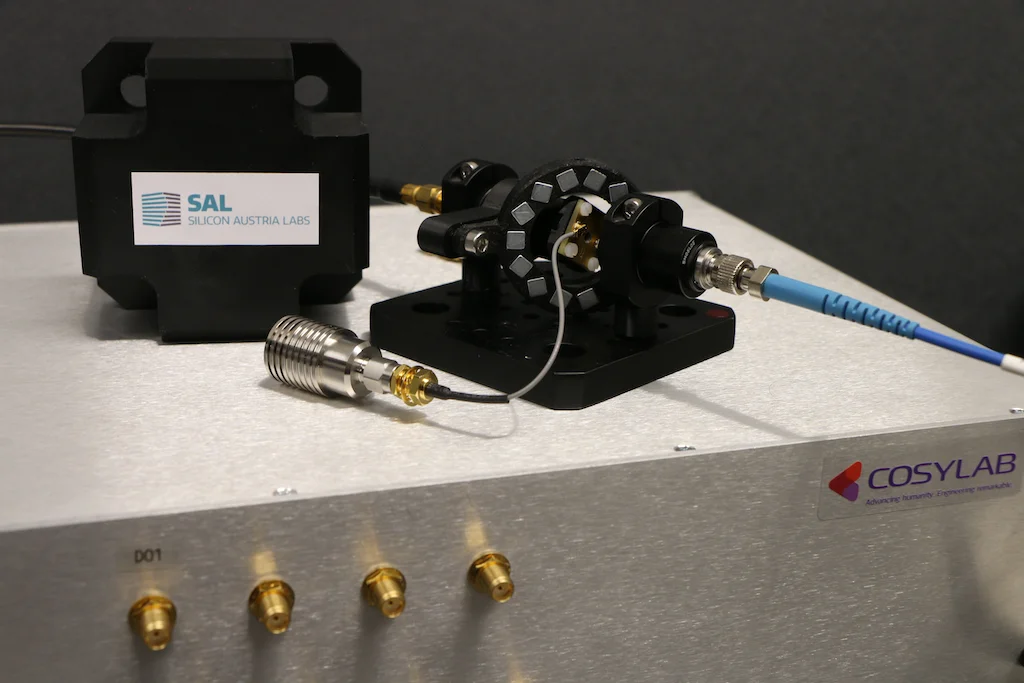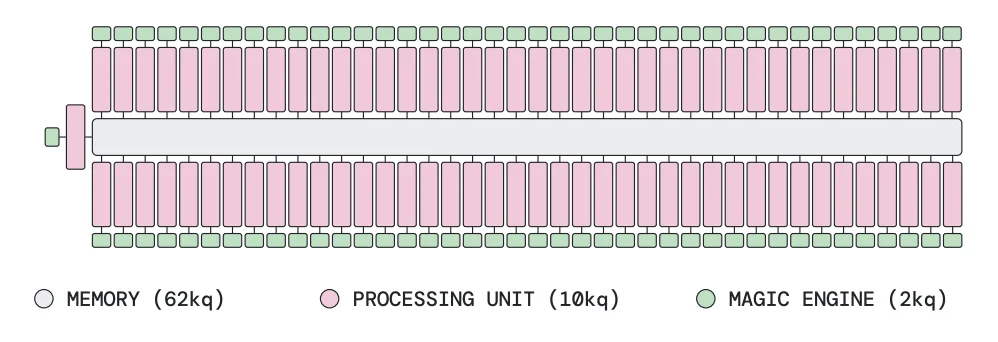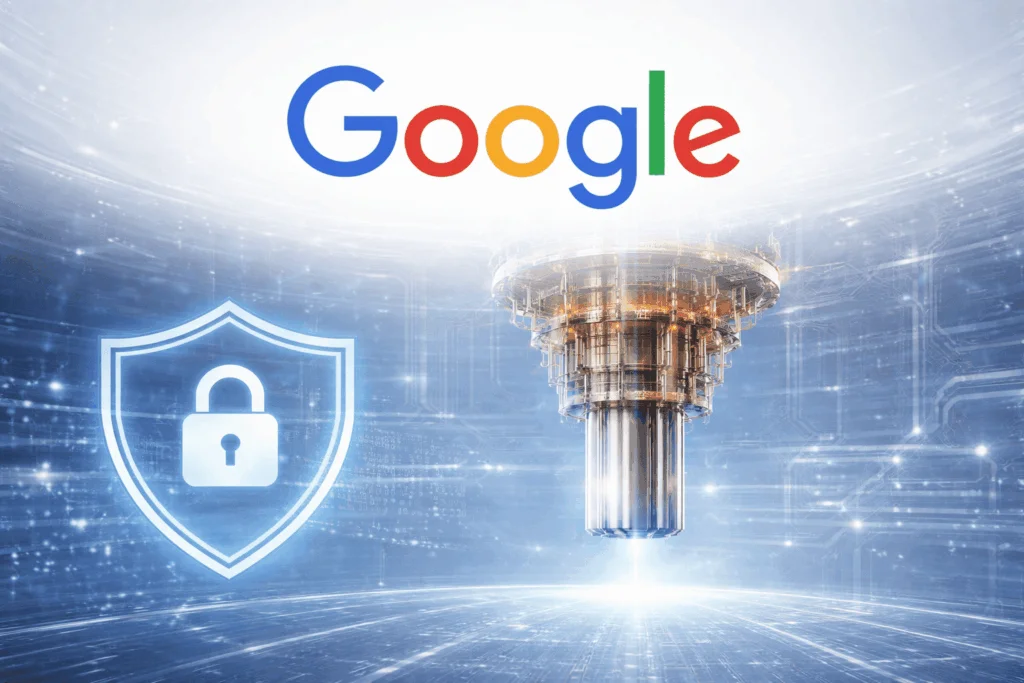Quantum technology is an important technology offering great opportunities for the Netherlands in the coming years — and, Quantum Delta NL has been established to accelerate the leading role of the Netherlands in quantum technology, according to a statement.
Today, organizers kick off the start of Quantum Delta NL with an official online launch event that will bring together players from industry, knowledge institutes and governmental institutions who will build a strong “Quantum Delta NL.”
The QDNL launch offers participants an overview of the entire Dutch quantum landscape and insights into the extensive QDNL program through 16 breakout sessions, future plans and the challenges facing the community in an emerging ecosystem.
Quantum Delta NL aims to develop a leading knowledge cluster, building on the strong position of quantum research institutes QuTech, QuSoft and other hubs and companies in the ecosystem.

“With the foundation of Quantum Delta NL and the ambitious plans, the Netherlands is ready to strengthen our leading knowledge position,” says Ronald Hanson, of QuTech and winner of the Spinoza Prize, 2019.
The ambition is to build a new digital high-tech industry with a GDP contribution of 2 to 3 billion euros and 30,000 high-quality jobs. To achieve this, actions and investments are required to boost a fully functioning quantum ecosystem with top talent, excellent research, high-quality research infrastructure and innovative entrepreneurship.
QDNL plans strongly focus on the economic and social impact of quantum technology. Market and society will be prepared as well as possible for the upcoming ground-breaking applications of quantum technology.
The technological heart is formed by the freely accessible demonstrator platforms for quantum computing, quantum networks and quantum sensors. For example, Quantum Inspire, the first European quantum computer, was virtually launched in April 2020 by European Commissioner for Digital Economy & Society Mariya Gabriel and Minister Ingrid van Engelshoven.
The organization believes that quantum technology is one of the breakthrough technologies of the 21st century. Quantum computers, networks and sensors have a great variety of potential applications, e.g. in the field of climate & energy (batteries, food production), health (medicines) and cybersecurity (secure networks). Technology is breaking through internationally and the Netherlands has a unique opportunity to strengthen its competitiveness in the long term, according to the organization. With the right investments now, the Netherlands can benefit from the opportunities offered by quantum technology through key positions in the future value chain.
The foundation for Quantum Delta NL is the National Agenda for Quantum Technology, which was presented by Robbert Dijkgraaf to State Secretary Mona Keijzer in September 2019. In 2020, the Ministry of Economic Affairs and Climate Policy awarded a subsidy of € 23.5 million. This includes the development of demonstrator platforms, the start-up support programs and the implementation of a research program by NWO, the Ministries of Economic Affairs and Climate and Defense.
For the implementation of the entire program, the Quantum Delta Netherlands Foundation is looking for additional funding, including from the National Growth Fund. Quantum Delta NL was set up by a broad collaboration of knowledge institutes, companies and social organizations, including Delft University of Technology, University of Amsterdam, Leiden University, Eindhoven University of Technology, University of Twente, TNO, Techleap, Braventure, NanolabNL, MinacNed and NanoNextNL. In total, more than 70 companies and organizations are involved.
For more market insights, check out our latest quantum computing news here.















